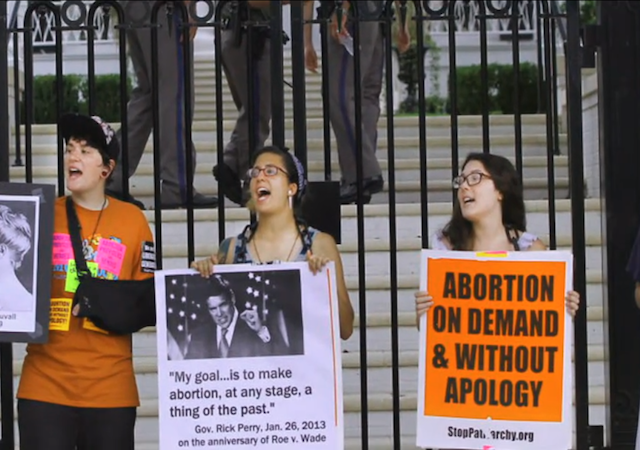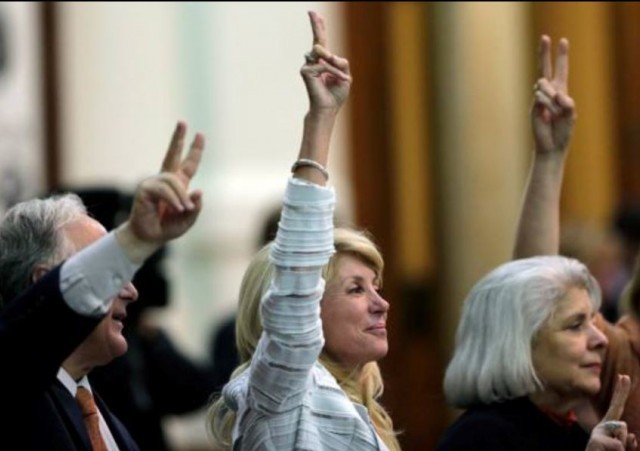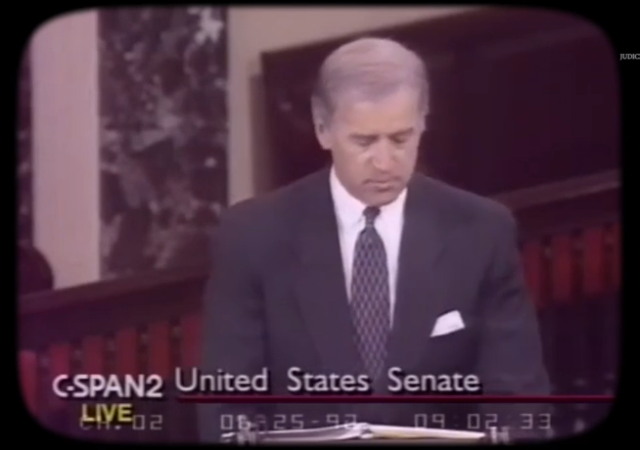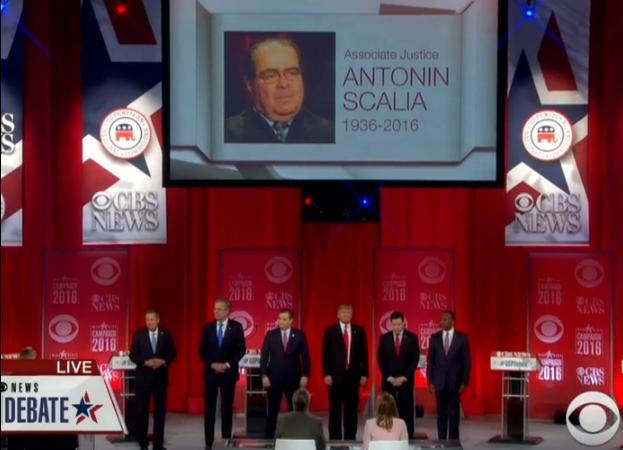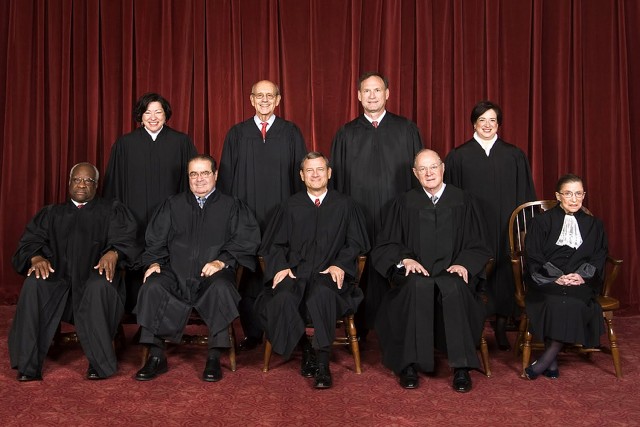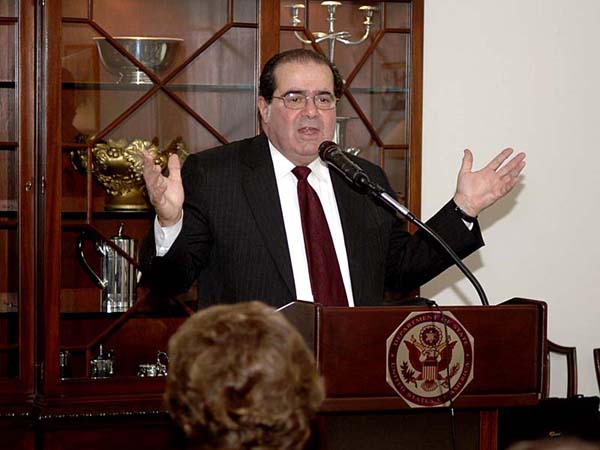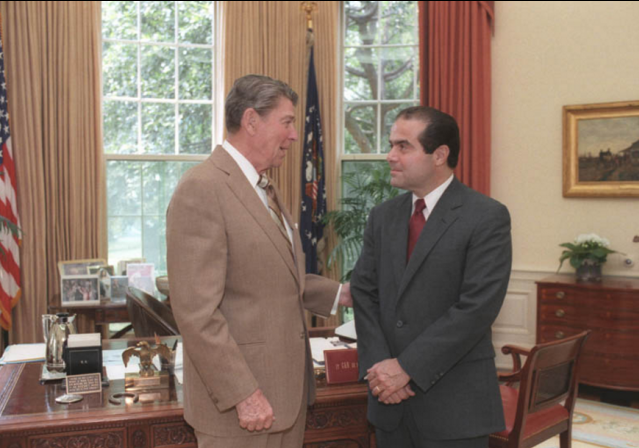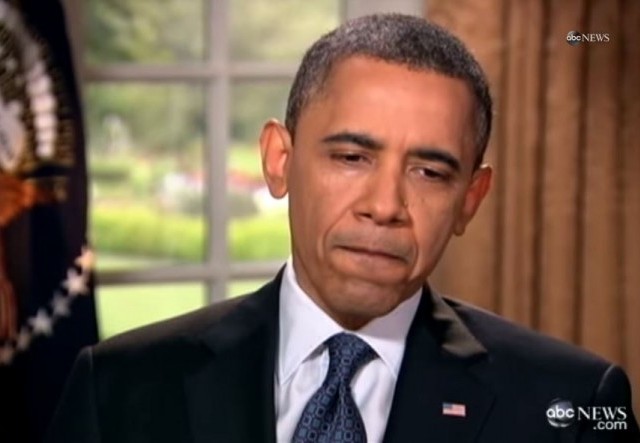Justice Scalia, “guardian of the Jewish heritage within the Supreme Court”
on March 07, 2016
8 Comments
A reader sent me a post from a Chabad publication which sheds light on an aspect of Justice Antonin Scalia's career I did not previously know. But it doesn't surprise me.
I'm a big fan of Chabad, as I've previously mentioned:
Chabad, the Lubavitch Orthodox Jewish organization, has emissaries and houses on campuses and locations around the world. It is not a proselytizing group. It doesn’t seek to convert anyone, focusing instead on bringing Judaism to Jews.The article sent to me by the reader is Antonin Scalia Remembered as an Advocate for Religious Freedom:“Everything in this world was created for a divine purpose. All forms of modern technology can and should be harnessed to make the world a better place and, in the case of Jews, to spread Judaism in the widest possible manner.” as quoted in The New York Times “No Jew should ever be lost to the Jewish people, no Jew must ever be lonely.” as quoted in The Jewish WeekThe campus Chabads are particularly fantastic, in my experience. Non-judgmental, welcoming, and enthusiastic (that’s an understatement). Major shout out to the folks at Cornell Chabad and the recently opened Chabad of Clinton (NY), servicing my alma mater, Hamilton College.

